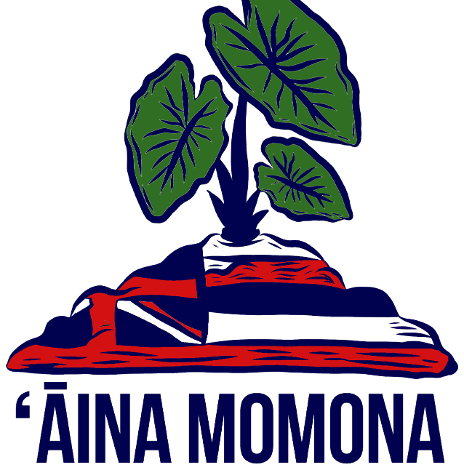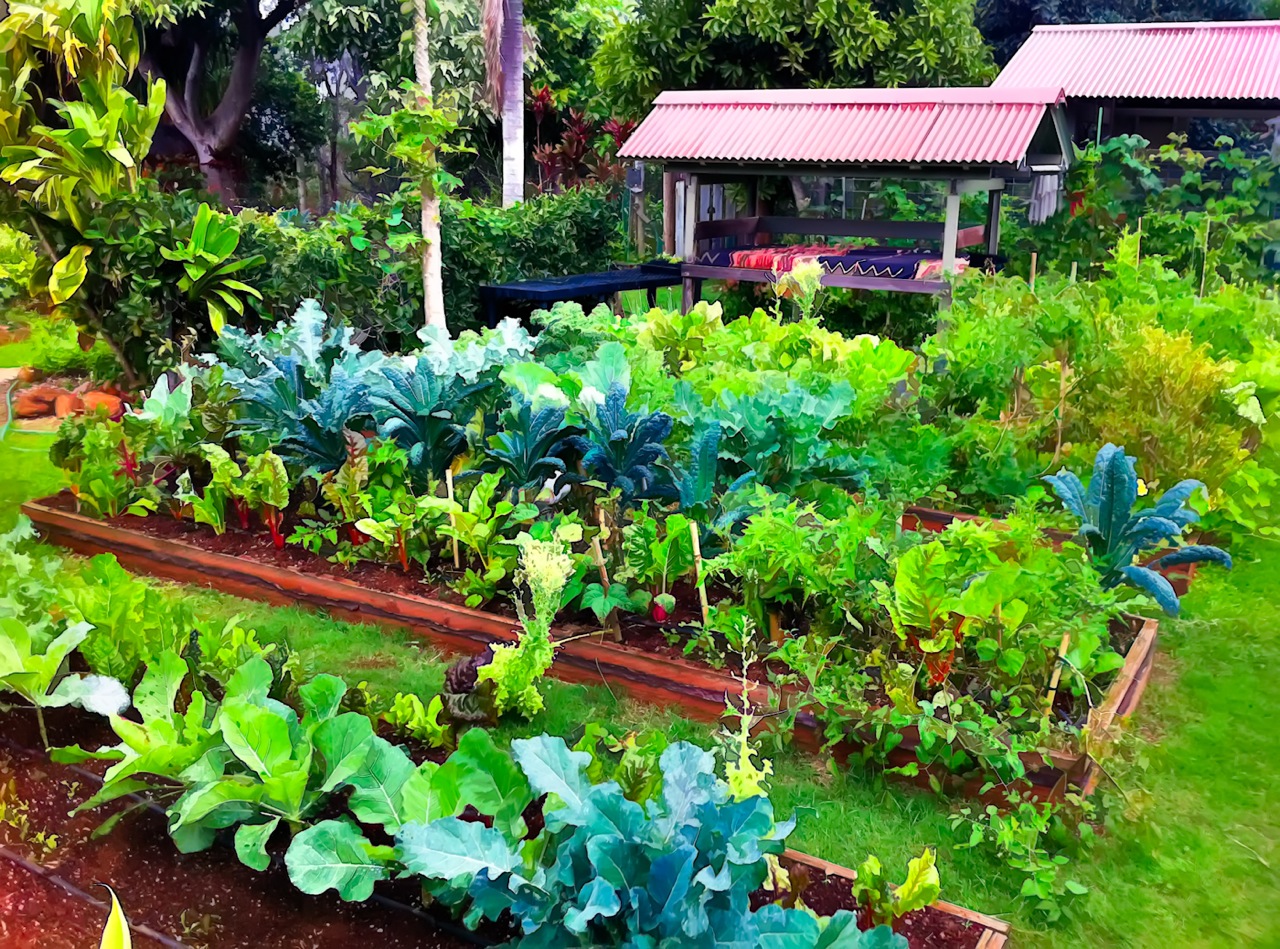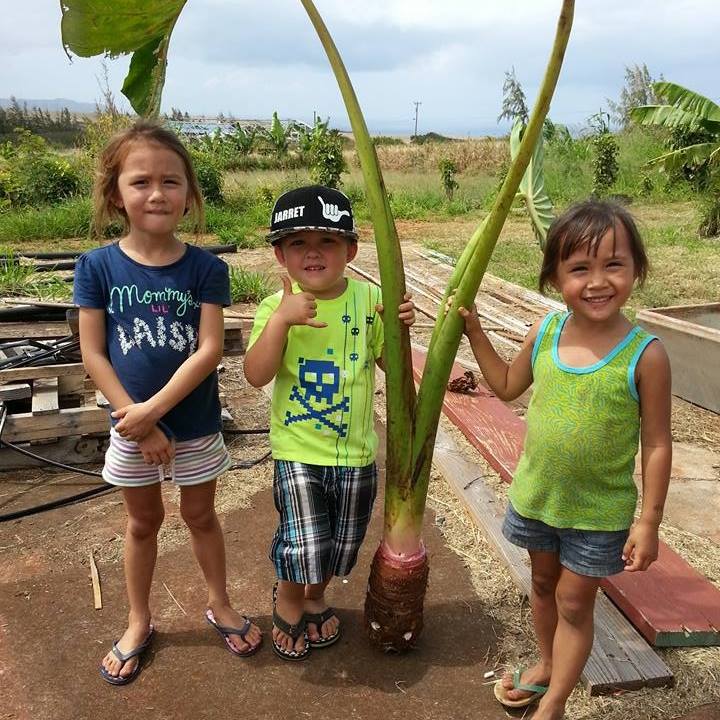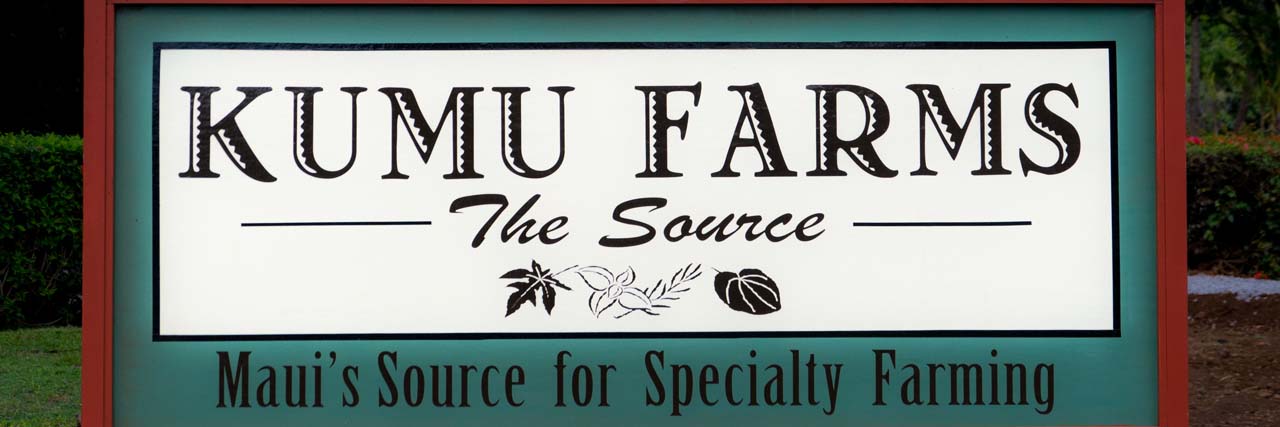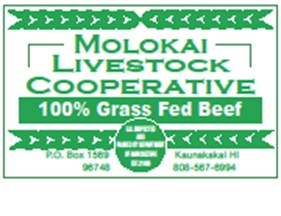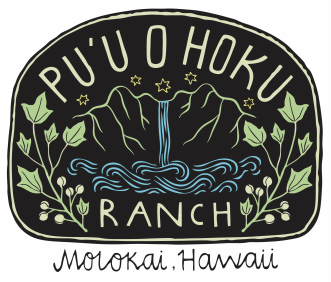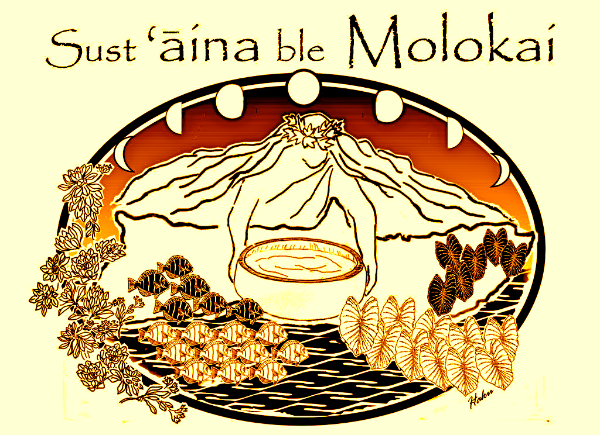Meet Your Producers!
Click on the drop-down menu to the right to select a producer and learn more about their growing practices, personal stories, products and more! We encourage you to contact the producer directly with questions or feedback.
Additionally, click HERE to meet our Egg Producers!
Select Producer
Select Producer
'Aina Momona
'Ano'ano Kupa'a
'Ualapu'e Citrus
Adela's Country Eatery
Akaka Homestead
Ala Ekolu Homestead
Aloha Bites
Chico Enterprises
Coffees Of Hawaii
Dig This
East 'Ohi'a Farm
Emergence Permaculture
Espoville Farms
Hawaii 'Ulu Cooperative
Holm-Made
Hui Ho'olana
J and M Kalipi Productions
John's Farm, Kalae
Joshyboy's Farm
Ka La Farm
Kahuku Farms
Kamalo Paint Horse Ranch
Kaulu Farm
Ku'ulei Mahiai
Kua'aina Kalo Company
Kua'ehu Farms
Kumu Farms
Local Harvest
Mahana Gardens
Mapulehu Farms
Moku Roots
Molokai Livestock Cooperative
Molokai Sea Farms
Molokai Seed Company
Na Hua O Ka 'Aina - Purdy’s Nuts
Na Pua o Lu'ukia
Na'ike
Neit
OnoOno Molokai Sherbert
Organic Turmeric Treasures
Polipoli Farms
Poquito Farms
Pu'u O Hoku Ranch
Puakala Farms
Pualei Farm
Puanani's Garden
Raiz Tortillas
Red Dog Nursery
Roots of Hawaii
Secret Garden Molokai
SM Egg Collective
Soul Valid Hawai'i
Sprouts & Trees LLC
Stacey's Garden
Sust'ainable Molokai
The Haole Koa Collective
TnT's Homestead
Vitalitea Hawai'i
Waialua Permafarm
Wood Guy Products

